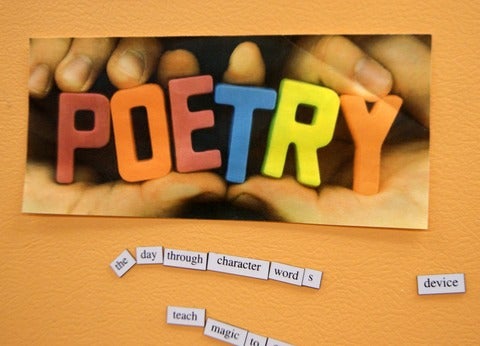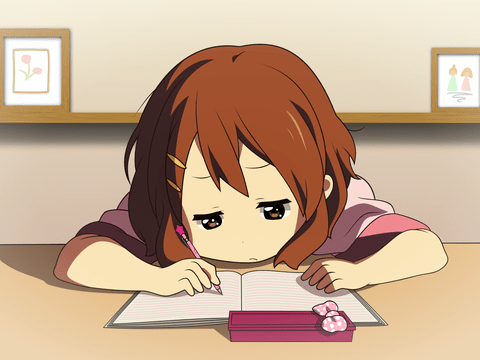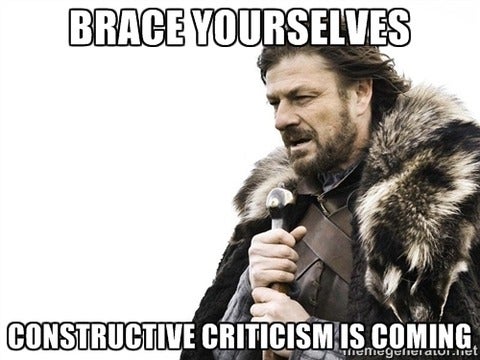Writing genre series: Poetry analysis
In our last two writing genre series blog posts, I offered some tips on Graduate School Applications and Catharina discussed the conventions of Lab Report writing. Her upcoming genre topic will be Visual Arts Analysis and you can check it out on April 16th! In this writing genre instalment, on Poetry Analysis, I will provide pointers for poking and prying at poems to peruse and pick up on the poem’s pronouncements and purport.


